
For twenty-five years he had refused to let himself be elected. But when Pope Alexander II died, all the Cardinals made up their minds to elect Hildebrand Pope. With once voice they cried out, "Hildebrand is the elect of St. Peter!" "They carried me to the throne," wrote the Saint afterwards, "and my protests did no good. Fear filled my heard and darkness was all around me."
These were truly dark times for the Catholic Church, because kings and emperors were naming the men they wanted to be Bishops and Cardinals and even Popes. Many of these were not very good men and so they gave bad example.
The first thing Pope St. Gregory did was to pray for days. Then he asked others to pray for him, because he knew that without prayer, nothing could be done. Afterwards, he began to act to make the clergy better and to keep the civil rulers out of the affairs of the Church. This was a very difficult work because the rulers were all against any change. However, some gave in. But the Emperor Henry IV of Germany caused Pope Gregory great sufferings. He was a young man, sinful, and greedy for gold. He would not stop trying to run the affairs of the Church, and even sent his men to capture the Pope. But the people of Rome rescued the Saint from prison, and Gregory put the Emperor out of the Church. Henry set up another man as Pope. Of course this man was not the real Pope, but Henry tried to make people think he was. Then, once again the Emperor sent his armies to capture the Saint. Gregory was obliged to leave Rome. He retired to Salerno, when he died. His last words were, "I have loved justice and hated evil. That is why I am dying in exile."
Let us learn from this great Saint that the first thing to do in our difficulties is to pray.
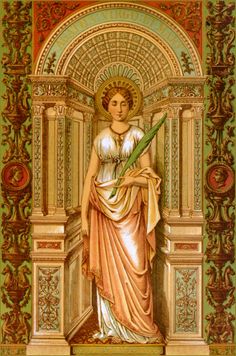
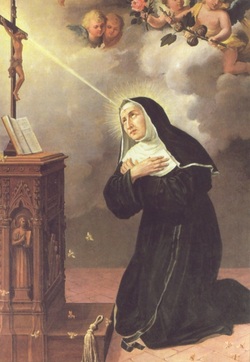
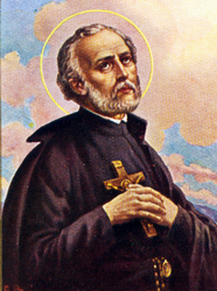
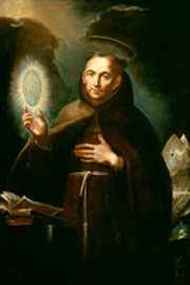
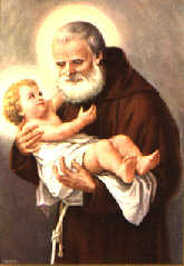
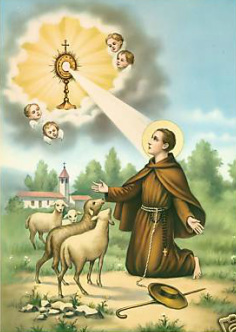
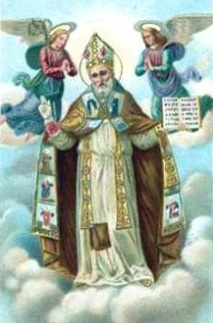
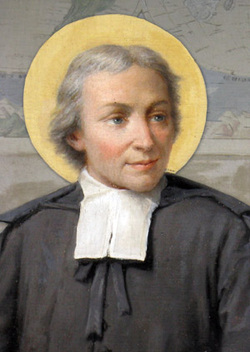
 RSS Feed
RSS Feed